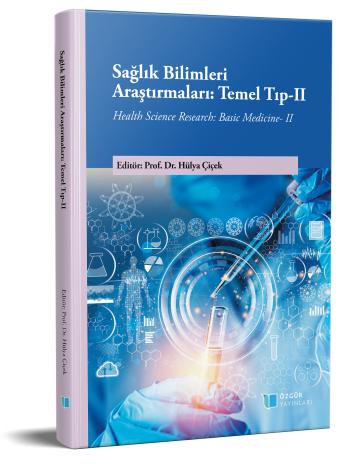
Metaverse and Health
Chapter from the book:
Çiçek,
H.
(ed.)
2023.
Health Science Research: Basic Medicine II.
Synopsis
During the COVID-19 pandemic, online life and work started to become the social norm, especially in healthcare services. The rapid developments in modern technology such as cloud computing, 5G, digital twins, virtual reality, enhanced reality, mixed reality, arificial intelligence, online working, and block chain, have made it possible for people to pursue productivity and an efficient life with a high level of online social life scenarios, and entertainment experiences. These conditions have helped to change healthcare services, which was one of the service sectors most affected by the COVID-19 pandemic. Throughout history, the education of healthcare professionals has undergone significant changes leading to new trends in medical education and challenges. There is now a greater need than ever for medical education information but it is not sufficient. Medical educators and medical education face many challenges, many of which are not isolated incidents. Since Metaverse started to enter our lives at a rapid pace, some Metaverse applications have started to be used in education. In this period after the pandemic, Metaverse presents an alternative to traditional medical education pedagogy. In addition to providing a comprehensive learning environment for students receiving education in medicine and other healthcare areas, it also provides many advantages for patients. The aim of this study was to present information about the advantages that healthcare-related Metaverse applications can provide to the healthcare sector.

